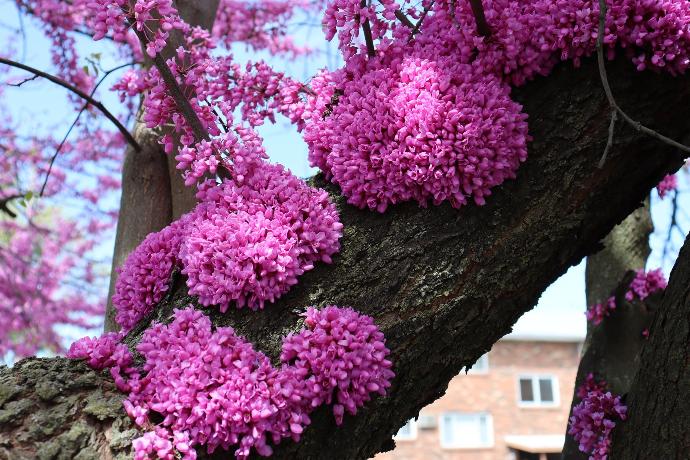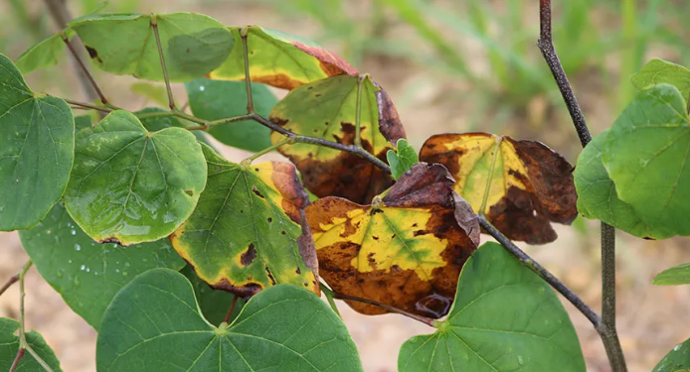Redbud Plant
The Redbud (Cercis canadensis) is a medium-growing tree that typically reaches 20-30 feet in height. It thrives in USDA zones 4-9 and prefers well-drained, loamy soils. This tree grows well in full sun to partial shade and requires medium moisture. Although it is not edible, the Redbud is known for its medicinal properties and stunning springtime pink or purple flowers.

Habit
Tree
Height
5-12 m
Growth
Medium
Soil
Well-drained loamy
Shade
Full sun, partial shade
Moisture
Medium
Edible
No
Medicinal
Yes
Origin
North America
Climatic Condition
Temperate
Temperature (°)
-10 to 30°C
Humidity (%)
50-70%
Potting media
Field soil
Fertilizers
Organic fertilizers
Watering
Moderate
Plant Weight
5-10 kg
Flowering Time
Spring
Soil Ph level
6.0 - 7.5
Water Ph level
6.0 - 7.5
Soil EC
1-2 dS/m
Yield Per Plant
Ornamental
NPK ratio
10:10:10
life Span
50-70 years
Health Benefits
Ornamental, attracts pollinators
Suggested Grow Media or Potting Mix ?
50% loam, 25% compost, 25% sand
Suggested Fertigation/Fertilizers
Fertilize every 6 weeks with a balanced fertilizer.
Common Diseases and Remedies
Verticillium Wilt
Yellowing of leaves, often on one side of the plant, followed by wilting and death of affected branches; vascular tissue may be discolored.
Remove and destroy affected plant parts, improve soil drainage, solarize soil, apply compost to improve soil health.
Soil drenching with fungicides containing benomyl or thiophanate-methyl.
HEALTH BENEFITS
· Edible flowers are high in vitamin C and antioxidants.
· Bark and leaves have been used in folk medicine for treating colds and fevers.
· Promotes cardiovascular health.

